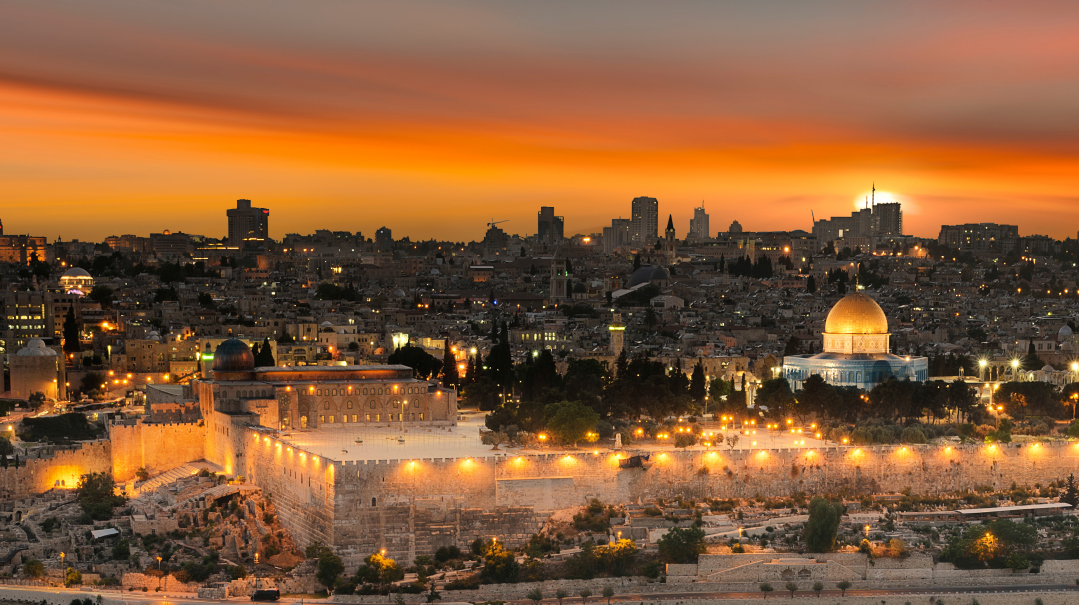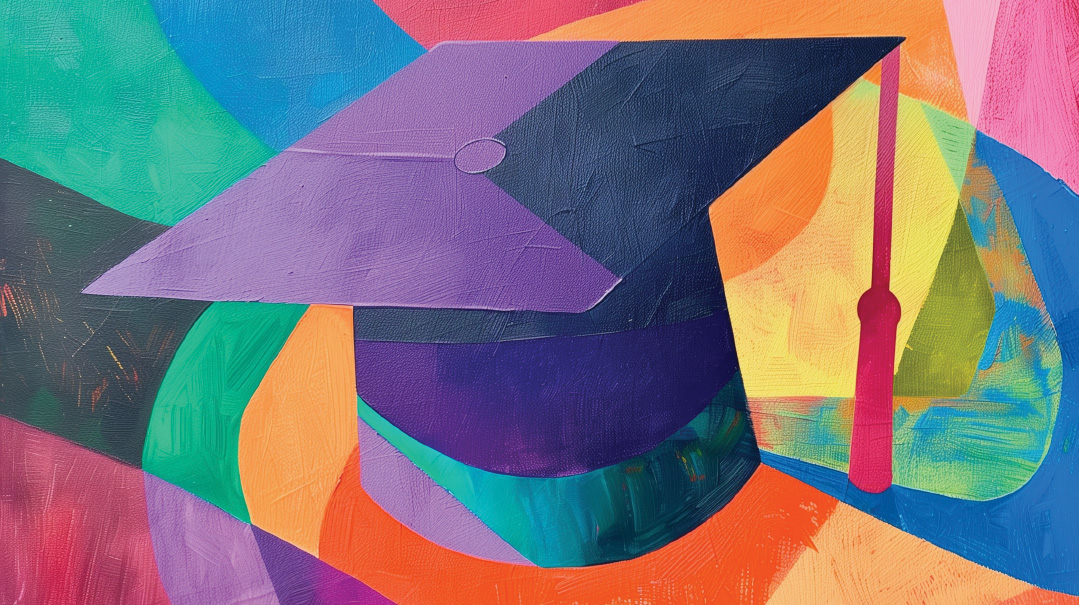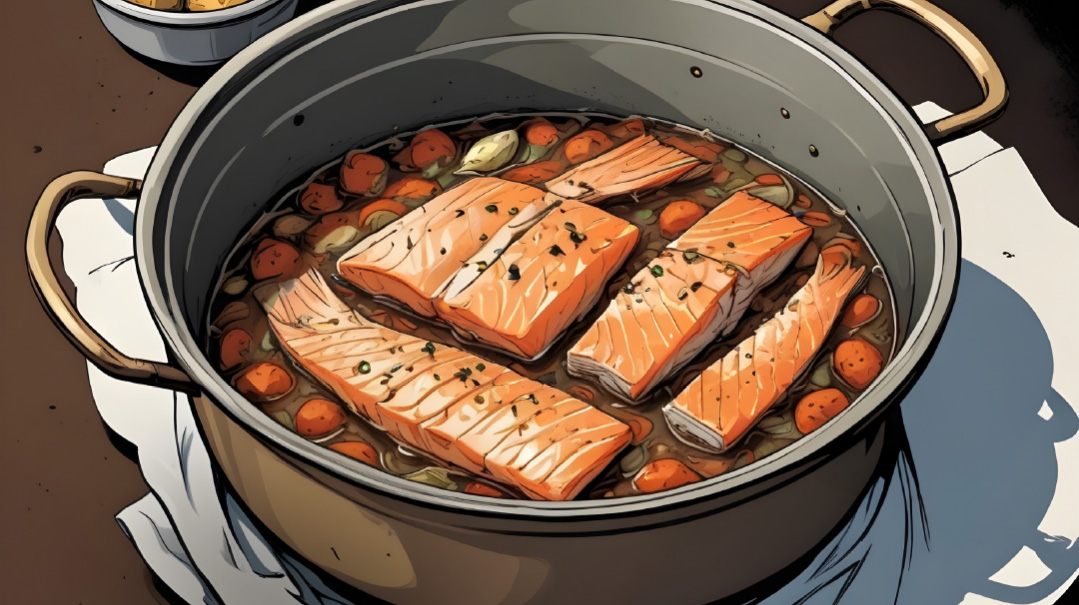Finding Sight

It’s another thing that was trodden upon by the foxes who roamed the desolation of the Har Habayis — the ability to look at the other and see the image of God

Chol Hamoed Pesach. As we waited to meet our tour guide by Jaffa Gate, we were swallowed into the moving mass heading to the Kosel. It’s our own proximation of aliyah l’regel, flocking to the holiest place on earth. There, as in former times, we longed liros ul’heiraos — to see and be seen. To see, sense, experience closeness. To be seen, to regain a sense of significance, worthiness, life itself.
Soon enough, we found our tour guide. He’d promised a tour of the Old City that was “off the beaten track,” and eager to find activities, I’d signed up. Proximity to the Kosel, some history, a good story or two, and hopefully we’d get close enough to the Moslem quarter that my teenage boys would think we’d given them some action.
The tour guide was in his early thirties, longish curly hair topped with a small kippah, a rough T-shirt and jeans that looked like they had seen better days. My boys surrounded him, asking for stories of his days in the army. We meandered through the streets of the Old City, then moved on to the Moslem Quarter, visited the Kosel Hakatan and passed the tourist shuk, where housewives in abayes and hijabs argued over the price of melon, and mustached men fingered prayer rugs. The smell of incense mingled with the tang of fresh-squeezed oranges.
We turned a corner, walked up a street, and stopped outside an elementary school. A one-hundred-shekel bill slipped hands; the security guard swung open the iron gate and we trooped inside and up a small flight of stairs.
“Here,” said the tour guide, “is the best view of the Har Habayis.”
He motioned to two large windows cut out of the stone wall. We took turns peeking out.
A great expanse of lawn. So many people. Fur trees. I craned my neck and the Dome of the Rock came into view: octagonal walls covered in mosaic, glittering gold cap. Behind, the dark circle of the Dome of the Chain. Breathtaking. Devastating.
I duck out of the window to allow someone else their turn. The tour guide begins to speak. “The first time came…” he swallows. “It is not something that’s fun to do. It’s very, very hard. To see the place of the Beis Hamikdash like this, so close you can almost touch it…”
“When did you first come here?” my son asks.
“On the day of my chatunah. I wanted to rebuild a home for G-d in the home I was about to create, so first I had to see, to feel the sorrow of the Shechinah.”
His eyes glistened. The curiosity and wonder and interest at the view through the window fell away, and I was left only with the exile of the Divine presence. That, and the silent anguish of a nondescript Jew with a magnificent soul. I’d missed that in his manner, maybe in the thicket of curly hair. How? How had I missed it? How did I fail to see?
Before the times of Dovid Hamelech, explains Rabbi Tatz, there was no such things as brachos. It was unnecessary: you looked at an orange, and what did you see but the Creator? It was as if all food, all aspects of this world, were translucent. You just needed to give a good look, and there it was, the presence of Hashem. His love and wisdom and majesty.
And I wonder. I wonder if that is how it was with people. Look at a person and you saw not a nose and the shape of a chin, but a spark of the Divine. You saw someone with the perseverance of Moshe Rabbeinu, the sorrowful faith of Dovid Hamelech, the determination of Yael, the prayerful connection of Chana, mirrors of Hashem’s goodness here on earth.
It’s another thing that was trodden upon by the foxes who roamed the desolation of the Har Habayis — the ability to look at the other and see the image of God.
I stumbled across a poem. Telunah al Hazeman, Complaint against Time, by Yehuda Abarbanel, son of Don Yitzchok Abarbanel. Yehuda was a doctor, and served the infamous Ferdinand and Isabella when they issued the expulsion orders, ordering every Jew to leave Spain.
Not wanting to lose Don Yitzchok or Yehuda Abarbanel, Ferdinand and Isabella hatched a plot to kidnap Yehuda’s newborn son, to keep the family in Spain. Yehuda caught wind of this and sent the baby to Portugal with a nurse, but they found and took the child. Although five hundred years old, the grief is still raw.
“…My precious child by force was taken
An infant snatched from his mother’s arms
He is 12 now. I have not seen him.
My soul is shaken; my heart oppressed.
How I long and yearn to see thee
My precious child, young gazelle
At the thought of you, sleep vanishes
I can not tell day from night.”
What would he see, if he met his 12-year-old child? The last time he touched him, blessed him, kissed him, he was swaddled in a traveling blanket.
What would he see? A Christian boy, dressed in the manner of nobility, more familiar with the chants of Mass than with the siddur? A boy fluent in Spanish, Latin, perhaps Greek, knowing nothing of the Holy tongue? A boy who would not even know him as a father?
I shake my head as I read the poem over again. Yehuda would have seen none of that. He would only have seen his precious child.
“Nechemia is no more,” scream the headlines of the local Beit Shemesh paper. I stare at the picture. A slight boy, he looks young for his age, his hat — newly acquired for his recent bar mitzvah — is large on his head. It’s not only Nechemia who is no more, the headline implies. There is no more nechamah, no comfort.
Nechemia had been on a school trip. They had played football, chased each other over the play equipment, and then he and his friends had found a lake with frogs and tiny fish. It wasn’t a natural lake, but the result of recent construction work, and it was deep. When the afternoon was over, the children returned to the bus. Nechemia realized he’d forgotten his plastic bottle filled with tiny fish. He went back to retrieve it.
Thursday, I saw his photograph when he went missing. I said a kapittel Tehillim and stared at a pair of honest, trusting child’s eyes, then went around my Shabbos preparations with a heaviness in my limbs. Let them find him. Let them find him.
They found him. He hadn’t survived.
The levayah was held on Erev Shabbos.
On Sunday the shivah notices were posted around town. There have been too many signs like this this year. Just a few weeks ago, the name Chaim Rock stared down at us, black and white, tearing into our hearts. And now another tragedy: Nechemia Aharoni.
When I stared at the shivah sign, I saw something unusual. The “heavy grief” was normal. The “tragically taken before his time,” standard. What was different was the mention not only of his parents, but each of his younger brothers.
Shimon. Yosef Chaim. Yonatan. Eliyahu. Ezra.
Nechemia’s parents had lost their firstborn son. But even in the nightmare of their grief, they’d asked that the names of each of Nechemia’s brothers appeared on the sign.
Shimon, Yosef Chaim, Yonatan, Eliyahu and Ezra — their grief was acknowledged. They were seen.
To be seen in the suffocating darkness of galus. And as we seek, to see.
(Originally featured in Family First, Issue 751)
Oops! We could not locate your form.







